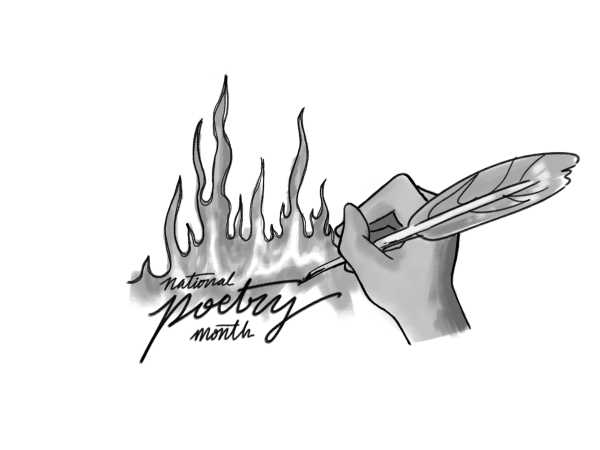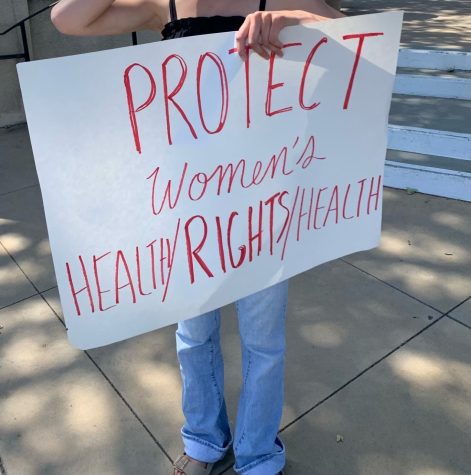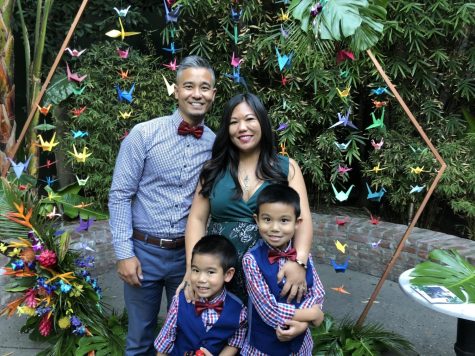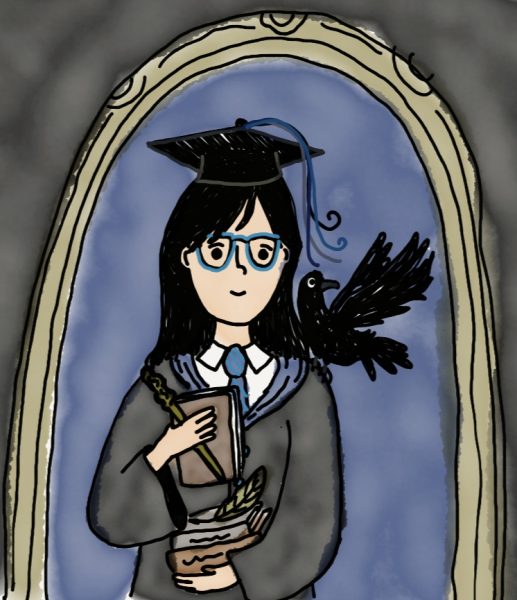It’s Time to Bring Inclusivity and Representation to English Classrooms
It would appear obvious that balanced representation is crucial when presenting something as complex as the lives of women and minorities to students. Despite this, the curriculums of Claremont High School’s various English classes are almost entirely lacking in this regard, with several half-baked units attempting to tackle both past and present social issues with forced academic diversity. The shallow and one-sided nature of these programs of required writings and the assignments based upon them are quite evident. Tending to only depict the suffering and misfortune of those affected by complicated topics such as racism or misogyny, CHS’ English curriculum is almost completely devoid of literature highlighting the achievements of said people. With this constant flow of tales of unfortunate situations and mistreatment flooding classroom requirements, feelings of almost dehumanizing pity are developed as students becoming increasingly unable to view those involved in said books as more than their misfortune and pain.
Steeped in tales solely describing events in which minorities or women (although the two are not mutually exclusive) are presented in a victimizing light, individuals and their peers are left without positive examples with which to counter the plethora of negative impressions imprinted deeply upon their minds at that point. With this perhaps unintentional agenda being pushed upon students as soon as they make their high school debut, this particular build-up of misguided grasps at inclusivity appears to become increasingly harmful to the ability of students to comprehend instances of injustice or suffering while still recalling the humanity of those involved. Metaphorically confining women and minorities into depictions of submission and victimhood through the works within English classes at CHS and the IB and AP programs beyond, these feeble attempts at equal representation seem to only further solidify mentioned groups into the societal molds they have progressively been breaking free from in years past.
Containing stories such as Ralph Ellison’s “Invisible Man”, Kate Chopin’s “The Awakening”, Chinua Achebe’s “Things Fall Apart”, and several other novels detailing the unfortunate lives of a multitude of both minorities and characters identifying as women, CHS has made rather strong leaps forward in its attempts at informing students of a variety of social controversies so as to better allow them to form educated opinions about said topics. However, the lack of books positively enforcing the roles of said people in both history and present times is utterly inexcusable and rather disappointing. Worse, this is a systemic issue that reaches beyond CHS alone. Understanding and properly acknowledging the racism and sexism deeply ingrained within the roots of the United States is absolutely necessary for anyone residing in or learning of the country. In addition to this, awareness of the accomplishments of those oppressed within the supposedly “free” nation is equally crucial to a balanced education.
Overflowing with impactful metaphors and symbolism, Ellison’s “Invisible Man” highlights the struggles and mental turmoil of a young black man residing in the deeply racially divided United States in the early twentieth-century in a way so as to linger with the reader. A tale of sorrows, realizations, and resignation, the novel is a splendid work and absolutely deserves its place within CHS’ classrooms. In addition to “Invisible Man,” however, the study of successful black people who overcame or used their less than ideal situations to their advantages would add a layer of humanization to the information absorbed in class. For example, “The Defender: How The Legendary Black Newspaper Changed America,” could serve as a follow up piece to “Invisible Man.” Written in the same time period yet telling the flip side story of overcome adversity, it would portray the black community in a more comprehensive light. Similarly, Achebe’s “Things Fall Apart” is a prime example of a story in which black people are depicted as suffering in one way or another, with strong themes of adaptability and gentrification. While also entirely necessary to CHS’ curriculum, “Things Fall Apart” is the kind of novel that must be followed or supplemented by works celebrating the cultures of said people, —in this case, the Igbo—in order to remind students of commonalities shared between both them and those they read about. In doing so, such minority groups progress to being regarded as just as human as the white men extorting them and their land and as those reading of their lives in the present. Centered around Edna Pontellier, a married woman residing in a French-Creole society at the end of the nineteenth century, Kate Chopin’s “The Awakening” tells a discouraging tale similar in tone to books previously mentioned. Unable to break free from societal restraints and act upon her true desires, Mrs. Pontellier is representative of the mass majority of women before, during, and after the time period the story is set in. Moody and disheartening, “The Awakening” ends with a bitter twinge in which no redemption or justice is to be found, merely a brutally cold reminder of the cruel duo of repression and oppression that women were forced to endure. If CHS were to implement books depicting strong-willed women like Janet Wallach’s “The Richest Woman in America,” which tells the tale of America’s first female tycoon and the restrictive society she managed to succeed in, the pain one experiences while reading Chopin’s novel can be understood as the flame which motivated some to strive for change.
The only true emotion one can experience while being fed sorrowful tales of struggle and the denial of human rights in a society unwittingly joined is pity. A nagging, uncomfortable emotion that progressively swells in the chests of students as they become increasingly aware of the injustices of the past, creating a barrier of awkwardness of sorts as they attempt to put together what was with what is.
Precisely within that thought lies the dangerous central issue of such a one-sided curriculum. Both women and minorities, despite their falsely perceived inferiority in the past and in some ways in the present, have been, and always will be human. Provided only with examples in which such individuals become victims to their surroundings, students have little to no opportunity to view them for their true humanity, resulting in a resounding impression of them for their supposed weaknesses. Despite the existence of countless influential figures who could possibly be referenced for their mental fortitude or seemingly impossible accomplishments, CHS and the IB and AP programs have instead chosen to almost only represent people of color and women for their weaknesses and the difficulties they endured. Balance is necessary in all aspects of life, and solely learning a singular side of a story is what leads to misunderstandings and hurtful situations that can increase in impact and significance as one ages with such one-sided thoughts filling their mind. If what CHS strives for is an academic community of diversity, inclusivity, and well-informed students prepared to face the world with deeply comprehensive decision making skills and a solid basis of understanding on which to grow their knowledge and experience upon, then a complete English curriculum containing multiple sides to each story is absolutely necessary. Properly being informed of and comprehending the struggles, strength, and overall humanity of women and minorities should be a skill mandatory to all, with no one individual or group reduced to permanent victimhood by tales representing only a fraction of their existences.
This article received an Honorable Mention for 2020 Story of the Year in the Opinions category by the NSPA: read more HERE!
Hello there! Our goal is to provide relavent, engaging journalism for readers of all ages. Your donation will support the student journalists of the Wolfpacket at Claremont High School, and will allow us to purchase equipment, print our monthly issues, and enter in journalism competitions. We appreciate your consideration!
Equipped with towering height and a blunt sense of humor, CHS reporter Abigail Bodell is extremely excited to take on the challenge of working on the Wolfpacket....








